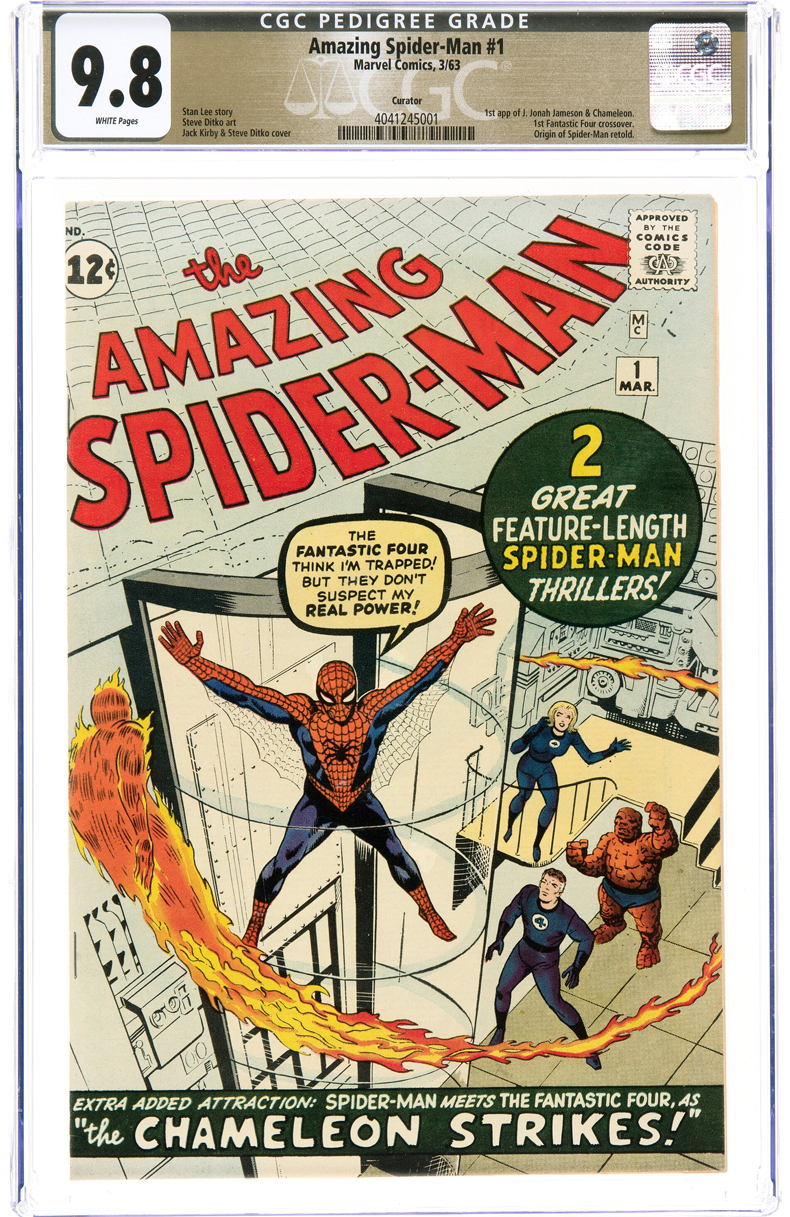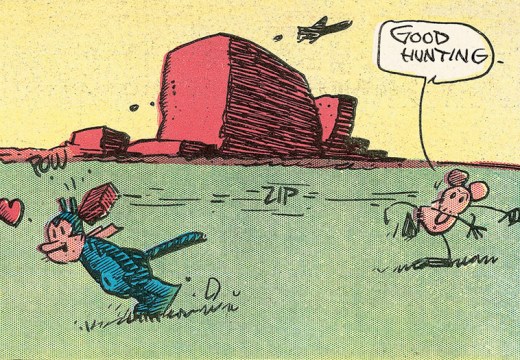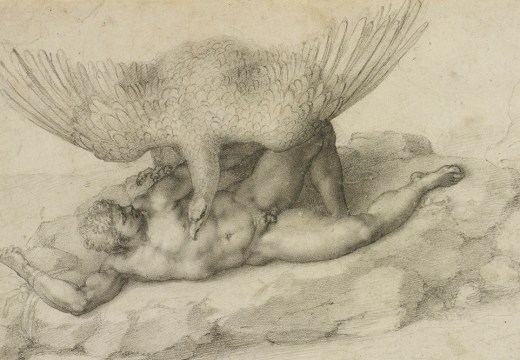Introducing Rakewell, Apollo’s wandering eye on the art world. Look out for regular posts taking a rakish perspective on art and museum stories.
It is no surprise that Marvel comics make money. Disney has been banking cheques of many billions of dollars over the past 20 years thanks to the antics of superheroes and mutants. (For those who might not worry about the distinction, until 2019 Disney was unable to use the word ‘mutant’ in its films as Sony had the rights to the word and its storylines due to its ownership of the X-Men franchise – truly the geeks shall inherit the Earth).
Rakewell has always enjoyed comic books and their spun-off movies but recently the films have been caught in a bit of a tangle. As the so-called Marvel Cinematic Universe has grown, so have the films become more and more intertwined and less and less enjoyable – box office receipts have commensurately dropped. Indeed, there has been a spate of reports that Marvel Studios is bloated and doesn’t know how to make a successful blockbuster any more. This has not been assisted by building the current phase of films around an actor recently convicted of assault. The head of Marvel Studios, Kevin Feige, essentially blamed the decline in both profit and quality on Disney head office for being ‘spread too thin’. It is worth noting at this point that DC Comics, Marvel’s largest rival and the owner of Batman and Superman, has conspicuously failed to create a cinematic universe of any critical note. Certain films have achieved box office success – $660 million for Justice League (2017) is not to be sneezed at – but Warner Bros seems to have quietly shelved plans for any more DC extended universe films.
Marvel, however, might have nothing to fear: a trusty hero has swung in to save the day. He is well known to many Marvel fans and comes in the shape of Peter Parker, aka Spider-Man. The perpetually youthful Spider-Man (he never seems to get older than 32) started his career in 1962 and found fame in his own comic-book series The Amazing Spider-Man in March 1963.
In an area of collecting to which Rakewell must confess he hasn’t paid too much attention, until now, a copy of the first issue of The Amazing Spider-Man sold at Heritage Auctions for $1.4 million last weekend. It was, you will be reassured, rated as ‘near mint/mint’ by the not-at-all suspiciously named Certified Guaranty Company, a comic-book grading service. The quality suggests that Spider-Man comic books are as eternally youthful as the character, but the result also hints that the old spider still has legs. (A first copy of Superman sold for $2.3 million yet somehow Rakewell doesn’t foresee a resurrection of DC films any time soon, no matter how strong the Man of Steel proves at auction.) Perhaps the trick for Marvel to rediscover big bucks at the box office is to make sure they are investing in the right mutations.

Issue #1, The Amazing Spider-Man (1963). © Heritage Auctions, HA.com
Got a story for Rakewell? Get in touch at rakewell@apollomag.com or via @Rakewelltweets.
Unlimited access from just $16 every 3 months
Subscribe to get unlimited and exclusive access to the top art stories, interviews and exhibition reviews.














![Masterpiece [Re]discovery 2022. Photo: Ben Fisher Photography, courtesy of Masterpiece London](http://www.apollo-magazine.com/wp-content/uploads/2022/07/MPL2022_4263.jpg)
Has the Fitzwilliam lost the hang of things?